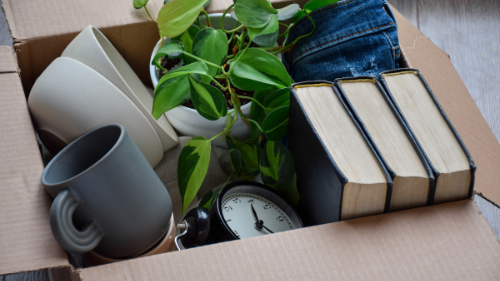Psychological Impact of Decluttering: The Power of an Organized Space on the Mind
How
Clutter Affects Mental Well-being
Our
physical environment impacts how we feel. A cluttered space generates a sense
of chaos and lack of control, increasing stress levels. The brain, exposed to
an excess of visual stimuli, becomes fatigued trying to process everything it
perceives. Thus, clutter contributes to anxiety, reduces concentration, and
makes it difficult to relax. Studies suggest that people in disorganized spaces
tend to experience higher levels of cortisol, the stress hormone. In fact, the
relationship between clutter and emotional distress is so direct that some
people experience an "emotional weight" when their environment is out
of control.
The Power
of an Organized Space for Mental Balance
Organizing
the physical space brings a sense of calm, clarity, and control. This process
involves letting go of objects and performing a "mental cleaning" by
releasing what we no longer need. Decluttering allows us to evaluate what is
important in our lives and helps us let go of unnecessary attachments. A clear
environment creates a space of visual and mental peace that facilitates
concentration, promotes self-care, and allows for better decision-making. In
this sense, an organized space is a reflection of a balanced and focused mind.
Tips for
Effective Decluttering
To
achieve effective decluttering, start with a clear goal. Do not try to clear
everything at once; start with small areas, like a drawer or a shelf, and
progress gradually. Decide what objects you need and what their purpose is in
your life. As you eliminate the unnecessary, observe how your mental state
changes. Including this practice helps maintain emotional well-being and avoid
the accumulation of objects. You can also do a digital cleanup on your devices
to reduce information overload.
Decluttering
is more than organization; it is a way to take care of ourselves mentally. By
creating an organized space, we are, in some way, also organizing our mind and
well-being.
RewPaz



